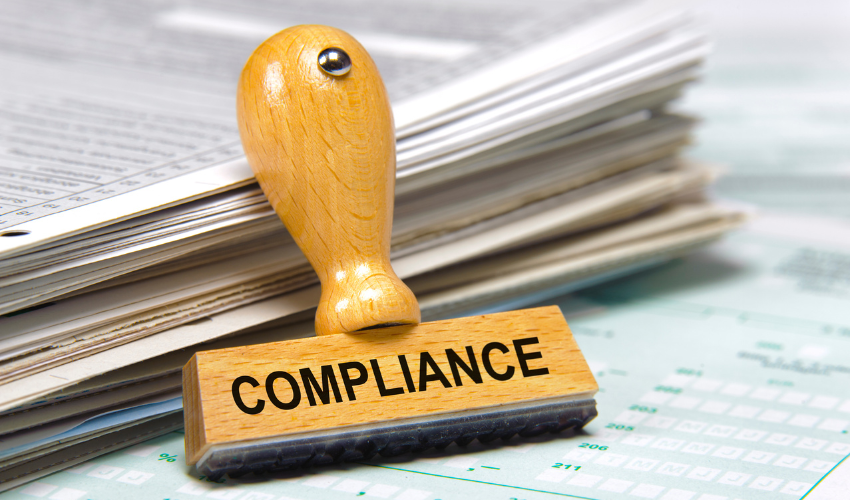What is Compliance as a Service for Secretarial Compliance?
Recognizing the challenges companies face in ensuring seamless and effective secretarial compliance, Compliance as a Service (CaaS) has emerged as a strategic solution. CaaS providers offer comprehensive services that leverage technology, expertise, and a proactive approach to managing compliance obligations.
Let’s explore how CaaS transforms the landscape of secretarial compliance:
Expert Guidance and Support:
CaaS providers bring in-depth expertise in corporate laws, regulations, and compliance frameworks. This ensures that companies receive expert guidance in navigating the complexities of the legal landscape.
Regular Updates and Monitoring:
CaaS platforms are equipped to monitor changes in regulatory requirements continuously. This real-time monitoring enables companies to stay ahead of amendments and updates, reducing the risk of non-compliance.
Tailored Compliance Solutions:
CaaS providers offer customized solutions based on the specific needs and nature of the business. This tailored approach ensures that companies focus on the compliance areas most relevant to their operations.
Technology Integration:
Leveraging technology, CaaS platforms often provide digital solutions for compliance management. This includes automation of routine tasks, document management, and alerts for upcoming compliance deadlines.
Scalability and Flexibility:
CaaS is designed to be scalable and flexible, accommodating the growth and changing needs of businesses. Whether a company is a start-up or an established enterprise, CaaS adapts to the evolving compliance landscape.
Risk Mitigation:
By providing proactive monitoring and real-time updates, CaaS plays a crucial role in risk mitigation. Companies can identify potential compliance risks early and take preventive measures to avoid legal ramifications.
The Transformative Impact of CaaS on Secretarial Compliance:
Efficiency Gains:
CaaS streamlines compliance processes, reducing manual efforts and improving overall efficiency. Automation of routine tasks allows companies to focus on strategic aspects of their operations.
Cost Optimization:
Outsourcing compliance functions through CaaS can be cost-effective, especially for smaller enterprises. Instead of hiring dedicated in-house compliance teams, companies can leverage the expertise of CaaS providers.
Focus on Core Competencies:
With the burden of compliance management lifted, companies can redirect their resources and efforts towards their core business activities. This enhances overall productivity and innovation.
Adaptability to Change:
The dynamic nature of the regulatory environment requires adaptability. CaaS platforms, with their continuous monitoring and updating capabilities, ensure that companies can swiftly adjust to changes in compliance requirements.
Enhanced Reporting and Analytics:
CaaS often incorporates reporting and analytics features, providing companies with insights into their compliance status. This data-driven approach enables better decision-making and strategic planning.
Conclusion:
In the evolving landscape of corporate governance, secretarial compliance stands as a non-negotiable pillar of integrity and transparency. The complexities and challenges inherent in ensuring compliance have given rise to innovative solutions, with Compliance as a Service (CaaS) emerging as a transformative force.
By integrating technology, expertise, and a proactive approach, CaaS platforms empower companies to navigate the intricate web of regulations seamlessly. The impact of CaaS extends beyond mere compliance; it becomes an enabler of efficiency, cost optimization, and strategic focus, allowing businesses to thrive in a dynamic and regulated environment.
As companies embrace the digital era and seek streamlined solutions for their compliance needs, CaaS stands as a beacon, illuminating a path toward a future where adherence to regulatory requirements is not just a legal obligation but a strategic advantage.



